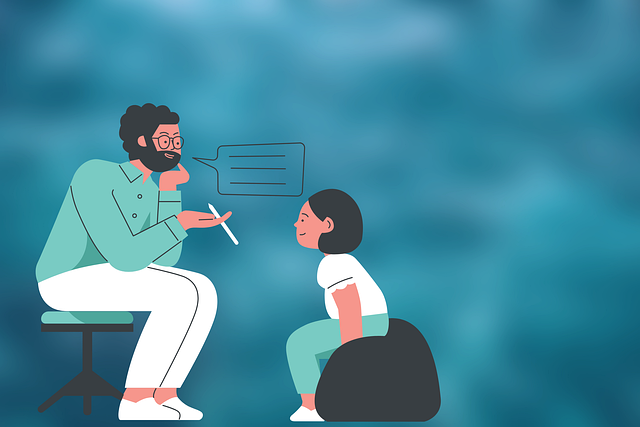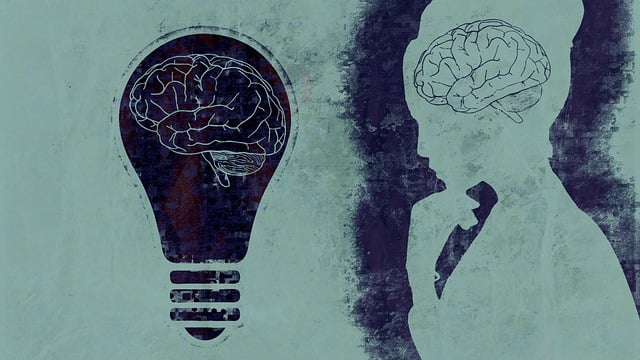Broomfield Polyamorous and Open Relationships Therapy (BPORT) enhances mental health support for diverse relationship dynamics through its Community Outreach Program. By integrating crisis hotline services with specialized therapy, BPORT offers tailored resources, fosters positive thinking, and promotes compassion cultivation practices. Confidential hotlines provide immediate aid, while workshops equip individuals with practical tools for emotional well-being. This inclusive approach breaks down stigma, ensuring everyone, regardless of relationship status, has access to effective mental health care.
“In today’s fast-paced world, mental health crises can arise unexpectedly. Understanding Mental Health Crisis Hotlines offers a lifeline for individuals in need. This article explores the vital role of services like the Broomfield Polyamorous and Open Relationships Therapy, which provide immediate support and guidance. We delve into how these hotlines cater to diverse needs, with sections focusing on accessing resources, community-based well-being promotion, and unique therapeutic approaches, ensuring no one faces a mental health crisis alone.”
- Understanding Mental Health Crisis Hotlines
- The Role of Broomfield Polyamorous and Open Relationships Therapy
- Accessing and Utilizing these Support Services
- Promoting Well-being through Community Resources
Understanding Mental Health Crisis Hotlines

Mental Health Crisis Hotlines serve as vital resources for individuals facing acute emotional distress or a psychological crisis. These 24/7 services provide immediate support, offering a safe and non-judgmental space to express concerns. Trained professionals or peer counselors on these hotlines are equipped with the knowledge to de-escalate situations, offer guidance, and connect callers to appropriate local resources. They cater to a wide range of issues, from suicide prevention to coping with trauma, providing a much-needed first response during times of crisis.
For communities like Broomfield’s Polyamorous and Open Relationships Therapy groups, these hotlines play a unique role. They can foster positive thinking and compassion cultivation practices by offering immediate emotional support and resources tailored to non-traditional relationship dynamics. Community outreach program implementations that utilize such hotlines ensure that everyone, regardless of their relationship status or beliefs, has access to crisis intervention services, promoting overall mental health and well-being.
The Role of Broomfield Polyamorous and Open Relationships Therapy

Broomfield Polyamorous and Open Relationships Therapy (BPORT) plays a unique and crucial role in mental health crisis hotline support services. In today’s diverse society, recognizing and accommodating the needs of polyamorous and open relationships individuals is essential. BPORT offers specialized assistance for those navigating complex emotional landscapes within these relationship structures, ensuring they receive understanding and effective communication strategies from trained professionals.
Through their Community Outreach Program Implementation, BPORT fosters empathy building strategies, creating safe spaces where individuals can openly discuss challenges related to jealousy, commitment issues, and boundary setting. By integrating these strategies into crisis hotline support, BPORT enhances the overall effectiveness of services, ensuring that polyamorous and open relationships individuals feel seen, heard, and supported during times of mental health crises.
Accessing and Utilizing these Support Services

Accessing support services for mental health crises is a crucial step towards recovery and well-being. Many individuals benefit from hotline crisis interventions, offering immediate assistance and guidance. For those exploring alternative approaches, Broomfield Polyamorous and Open Relationships Therapy can be a game-changer. This specialized therapy provides a safe space to discuss intimate relationships, fostering emotional connections and enhancing communication skills.
Utilizing these services effectively involves taking that initial step to reach out. Many organizations offer confidential hotlines, ensuring privacy during discussions. Additionally, attending Stress Management Workshops or participating in Emotional Well-being Promotion Techniques can empower individuals with valuable tools for coping. These workshops often provide practical strategies for stress reduction and emotional resilience, complementing the therapeutic process.
Promoting Well-being through Community Resources

In today’s digital age, accessing mental health support has evolved beyond traditional therapy settings. One innovative approach gaining traction is the integration of community resources like Broomfield Polyamorous and Open Relationships Therapy. This initiative aims to promote well-being by fostering connections within diverse communities, ensuring everyone has access to tailored support. By offering specialized services that cater to unique relationships dynamics, this therapy model enhances mental health education programs design, empowering individuals with coping strategies for their specific needs.
Beyond individual therapy, these community resources facilitate compassion cultivation practices and provide a safe space for open dialogue. This inclusive environment encourages individuals to share experiences, break down stigma, and gain insights from peers facing similar challenges. With the support of healthcare provider cultural competency training, these programs ensure sensitivity to various cultural backgrounds, making mental health care more accessible and effective for all members of the community.
Mental health crisis hotline support services play a pivotal role in addressing urgent psychological needs. As highlighted in this article, understanding these resources, such as Broomfield Polyamorous and Open Relationships Therapy, is essential for promoting well-being within communities. By accessing and utilizing these services effectively, individuals can navigate crises and foster long-term mental resilience. It’s crucial to remember that support is available, and reaching out is a brave step towards healing and recovery.














